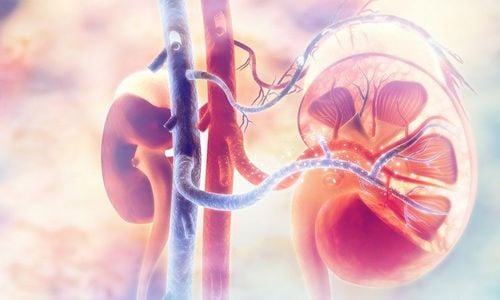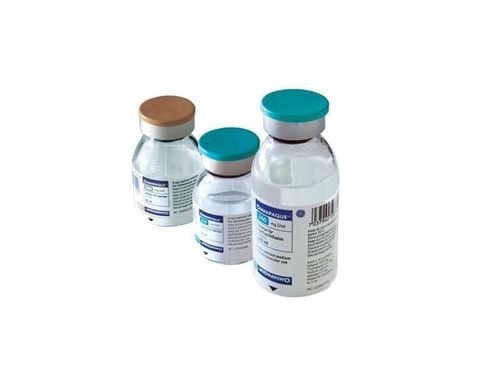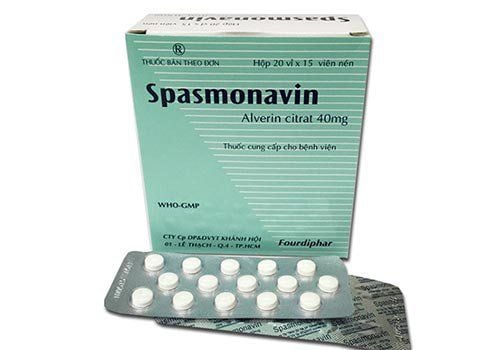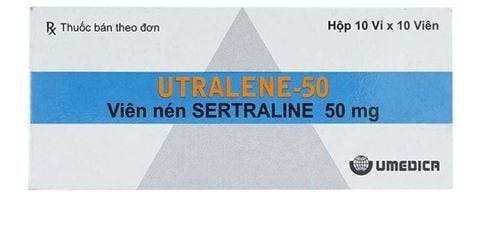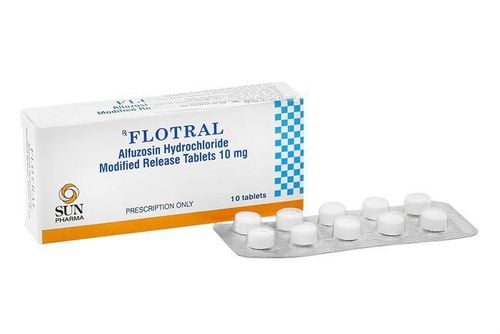This is an automatically translated article.
What is Clariscan? Usually, you won't see this drug on your prescriptions, as it is a drug used to aid in imaging when directed by a medical professional. However, you can be informed in advance that you will be using Clariscan as well as monitoring the dosing process.1. Uses of Clariscan
Clariscan is an MRI contrast agent given only by or under the direct supervision of a physician.
The drug has the main ingredient Gadoterate, which is prepared in the form of a solution for intravenous use.
Gadoterate in medicine is a Gadolinium-containing magnetic contrast agent (GBCA) used in magnetic resonance imaging (MRI) to help create clear images of different parts of the body during certain medical procedures certain, like an MRI.
Therefore, Clariscan injection is indicated to aid in the diagnosis or finding of problems in the brain, spine, head, neck and other parts of the body.
2. How to use Clariscan?
2.1. Precautions before using Clariscan
Do not use Clariscan for people who are allergic to any of its ingredients.
Any other medical condition that can affect the use of the drug, especially:
Asthma Patients who have had a reaction to contrast - Use with caution as it may increase the likelihood of an allergic reaction. allergic reaction occurs. Diabetes High blood pressure Serious infections: use with caution as may increase the chance of kidney problems (such as decreased kidney function). Kidney disease, mild or moderate: Use with caution as may increase the likelihood of serious side effects. Kidney problems, severe (acute or long-term): Not recommended for patients with this condition.
2.2. Use Clariscan Safely, Correctly
This section provides information on the proper use of some products containing Gadoterate, please read it carefully.
A doctor or other trained medical professional will give this medication to you or your child by injecting it through a needle that is placed into one of the veins just before the MRI scan. Your doctor will need to check your or your child's symptoms while you are taking this medicine and during an MRI scan to make sure it is working properly. A blood and/or urine test may be needed to check for unwanted drug effects. The risk of a serious disease called NSF - fibrosis of the renal system is increased in patients with severe kidney disease. However, even if you have serious kidney problems, your doctor may decide that it is important for you to receive this medicine. Check with your doctor right away if you have symptoms such as burning, itching, swelling, tightness or stiffness of the skin, red/dark patches on the skin, muscle weakness, stiff joints, limited range of motion in the arms and legs, pain deep in the bone in the hip or flank. These could be symptoms of NSF disease. Clariscan can cause a serious allergic reaction called anaphylaxis, which can be life-threatening and requires immediate medical attention. Tell your doctor right away if you have a rash, itching, hoarseness, trouble breathing, trouble swallowing, or any swelling in your hands, face, or mouth after receiving the medicine. This medicine contains a metal called gadolinium, which can stay in the body (including the brain, bones, skin) for a long time (months to years). This medicine may increase the risk of acute kidney damage requiring dialysis especially in people with a history of kidney problems or who are receiving increasing doses of gadoterate. Tell your doctor right away if you or your child have mild pain, burning, feeling warm or cold, peeling skin, redness or swelling at the injection site.
3. Clariscan side effects
Check with your doctor right away if any of the following Clariscan side effects occur:
Rare:
Blurred vision Dizziness Dizziness Heart rhythm disturbance Headache Anxiety pounding in the ears Slow or fast heartbeat Rate incidence not known:
Areas of skin that turn red or dark or feel tight Fingernails, palms, skin, lips bluish Bone pain in hips or ribs Burns, dry or itchy eyes Change of mind Waking up Chest pain or discomfort Cough Decreased or uncontrolled urination Difficulty swallowing Heavy tears Fainting Fever Rash, itching Increased sweating Decrease or loss of strength Face, eyelids, throat, lips, tongue, hands, Legs, genitals, swelling, dizziness, dizziness, or fainting Loss of consciousness Muscle weakness No blood pressure or pulse Stopping breathing Numbness, tingling, pain in hands/feet Severe numbness or weakness Red skin Hands trembling legs Burning, swollen, itchy, stiff, or scaly skin Stiff joints or muscles Uncontrollable bowel movements Uncontrolled body movements Unusual fatigue or weakness If any symptoms persist If you have any questions about the use of the drug or have any other unusual symptoms suspected of taking the drug other than the side effects mentioned above, ask your doctor/pharmacist for specific advice.




